

Skip These Food Items When You Are Pregnant
Pregnant women have different nutritional requirements than regular women. After all, you are nurturing another life inside you. Moreover, problems like heartburn and morning sickness might make your experience challenging during pregnancy. And some food items aggravate such symptoms. This can in turn affect the amount of nutrition you are getting from your pregnancy diet. So, it is imperative that you know about the foods to avoid when pregnant.
Food items to avoid during pregnancy
1. Raw eggs
Eggs for breakfast can be great during pregnancy. You get your daily dose of proteins and it is quite filling as well. But remember to choose a dish where your eggs are fully cooked. Raw eggs and even undercooked eggs for that matter, can be bad for pregnant women. So, even if you like Sunny-Side-Up eggs, it would be better to avoid them when you are pregnant. Undercooked eggs increase the risk of salmonella infection and can harm the fetus.
2. Coffee
When you feel too tired to get up from bed, a cup of coffee might feel like the best thing to start your day with. But during pregnancy, this might be a bad idea. Caffeine in all forms should be limited or avoided. Too much caffeine can lead to the absorption of this ingredient by the placenta and this can sometimes affect the baby’s growth. Tea, coffee, chocolate and some energy drinks contain caffeine and so it is better to avoid all of them or at least have them in moderation.
3. Cut fruits and vegetables from the store
Store bought cut fruits and vegetables or even salads are likely to be contaminated. Even if it is from the most trusted stores in town, you cannot take the risk. Listeria contamination is one of the most common risks associated with these food items. The best option would be to buy fresh produce from reliable sources and then cut them and store them if required for a quick snack. Try to consume this within a day or two though. Avoid consuming something that has been in the refrigerator for too long.
4. Junk food items
Heartburn and nausea are common during pregnancy and some women might experience them in all three trimesters. Junk food items and fried snacks can trigger digestion problems even in healthy adults. So, during pregnancy, in order to avoid bloating and abdominal cramps and chest discomfort due to indigestion, avoid junk food items.
5. Mercury-laden seafood items
There are some types of fish and seafood items that are known to contain mercury. These should be avoided during pregnancy. The adverse effects of an increase in mercury levels in the body include vision and hearing problems as well as lung issues. This can also be bad for the growing baby as it affects the brain.
6. Mould ripened cheese varieties
Some types of soft cheese are bad for pregnant women as they are mould ripened. These cheese varieties can increase listeria infection risks, which can have grave effects on the mother and the baby. Cheddar cheese as well as little amounts of Parmesan can be included in your diet. But try to avoid Camembert, Blue cheese and others.
7. Unpasteurised milk and dairy products
The risk of infections in pregnant women is high if unpasteurised milk or dairy products derived from such milk is consumed. It is better to boil store bought milk before consuming. Avoid dairy products whose sources you are not sure of, like ice creams and others that have high chances of contamination. All these are again breeding grounds for listeria infection.
Conclusion
Some of the food items mentioned above can be consumed in small portions while others might have to be avoided altogether. Keep your diet simple throughout your pregnancy. Instead of focusing on the calories alone, make sure that your daily pregnancy diet includes all the micronutrients and macronutrients that your body needs for your health and for the healthy growth of the baby. If you notice discomfort after consuming any food, try to remove it from your meal plan and talk to your doctor.
Disclaimer: This blog provides general information and discussions about health and related subjects. The information and other content provided in this blog, website or in any linked materials are not intended and should not be considered, or used as a substitute for, medical advice, diagnosis or treatment. Kindly contact your Doctor before starting a new medicine or health regime.
Source: Mayo Clinic
Related Articles
Women Need To Follow These Diet Tips During Pregnancy
Postpartum Diet - Foods & Beverages To Avoid Post Pregnancy
Postpartum Weight Loss Guide - 9 Tips To Lose Weight After Pregnancy!
Published on November 29, 2021

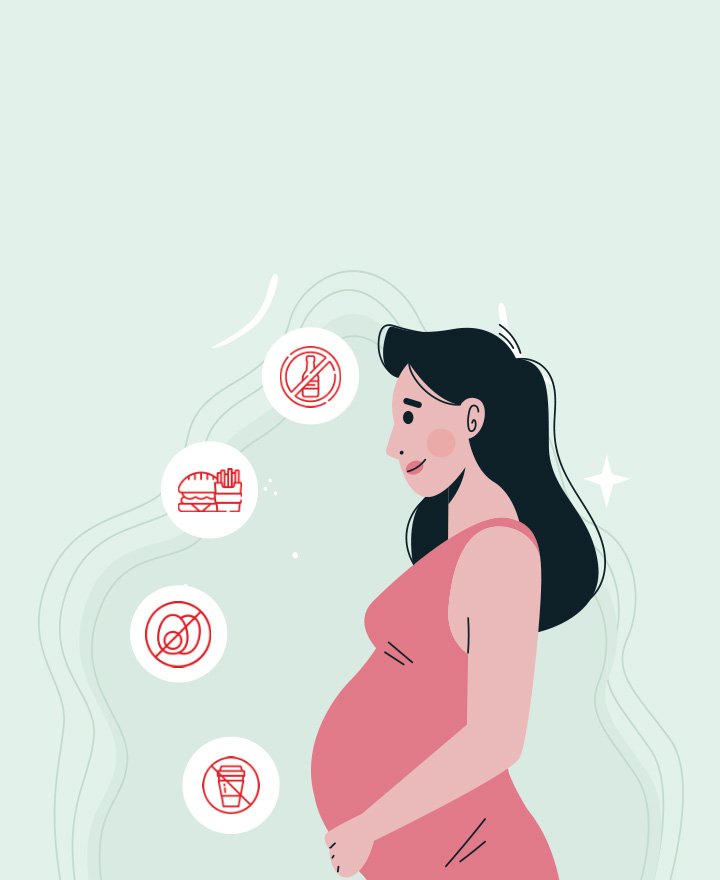


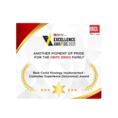
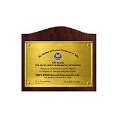



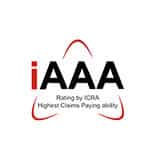

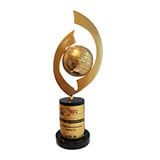












 Health Insurance
Health Insurance  Travel Insurance
Travel Insurance  Car Insurance
Car Insurance  Cyber Insurance
Cyber Insurance  Critical Illness Insurance
Critical Illness Insurance
 Pet Insurance
Pet Insurance
 Bike/Two Wheeler Insurance
Bike/Two Wheeler Insurance  Home Insurance
Home Insurance  Third Party Vehicle Ins.
Third Party Vehicle Ins.  Tractor Insurance
Tractor Insurance  Goods Carrying Vehicle Ins.
Goods Carrying Vehicle Ins.  Passenger Carrying Vehicle Ins.
Passenger Carrying Vehicle Ins.  Compulsory Personal Accident Insurance
Compulsory Personal Accident Insurance  Travel Insurance
Travel Insurance  Rural
Rural